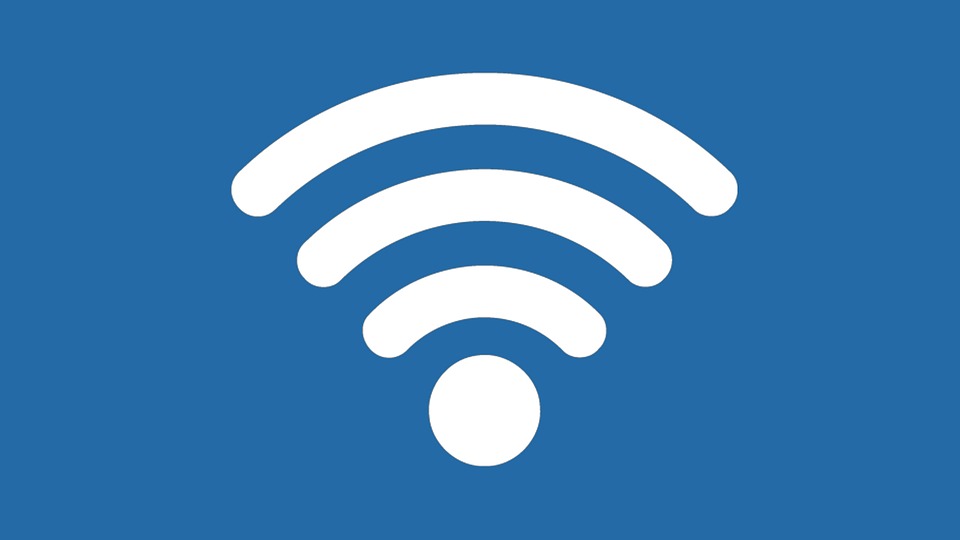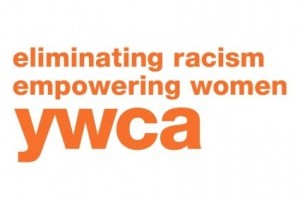Many of us have been there. Wandering around the room looking for a spot that will take us from one bar to two on mobile devices, increasing our Internet connectivity. Ten nonprofits are hoping that that mild daily struggle drives home the importance of Internet access throughout the month of January.
The #MobileOnly Challenge will run from Jan. 1 through Jan. 31 as a means of highlighting the Federal Communications Commission’s (FCC) proposal to reduce broadband standards and consider one’s Internet connection through a mobile device as a “fixed” broadband connection.
The current FCC proposal would reduce the standard for what is considered acceptable broadband access. The plan would equate those with 10/1 Mbps mobile Internet speeds to households with 25/3 Mbps fixed-connection broadband, the current standard. The challenge is intended to highlight the critical importance of high-quality Internet in individuals’ and organizations’ day-to-day activities.
Participants will spend a day accessing the Internet only via their mobile device, as opposed to desktops or fixed-connection laptops, and document their experiences using the #MobileOnly hashtag on social media. Individuals, families, and organization can pledge to take the challenge on MobileOnlyChallenge.com.
“Access to broadband at home is crucial in today’s world for anything from applying to a job to depositing a check,” said Amy Sample Ward, CEO of the Nonprofit Technology Enterprise Network (NTEN) via news release. “Chairman [Ajit] Pai’s initiative to lower the broadband standard will it make it drastically more difficult for communities across the US to engage fully in today’s society.”
Chris Lewis, vice president of Public Knowledge, explained to The NonProfit Times that the public focus on net neutrality has diverted attention from broadband standards. The proposal is based on a recent FCC report and could be further pursued by the commission in the form of a ruling or order to study the potential new standard in the coming months.
Lewis credited partnering organization Next Century Cities for taking the lead on organizing efforts around creating public awareness about what lowering the bar of what constitutes broadband service might mean to individuals across the country. Many American consumers see mobile Internet access as a compliment to broadband connections as opposed to a primary service, according to Lewis. Lowering standards could create an access divide between those living in rural and urban parts of the country and might also disproportionately impact minorities and those of limited economic means, he said.
Lewis has not spoken with partners in other participating organizations about what be next down the pike. It is possible that, depending on response, the organizations could present respondent information to the FCC. At the moment focuses are on educating the public.
“The goal was to be simple,” Lewis said. “It needed to [hit the] crux of the concern — what is broadband and what is life like if standards change . . . We wanted to move quickly on this because we see how soon a decision can come down.”
In addition to Public Knowledge, NTEN, and Next Century Cities, other participating organizations include:
* New America’s Open Technology Institute;
* National Hispanic Media Coalition;
* Institute for Local Self-Reliance;
* Schools, Health, and Libraries Coalition;
* National Digital Inclusion Alliance;
* Mobile Citizen; and,
* EveryoneOn.
A pair of FCC commissioners, Mignon Clyburn and Jessica Rosenworcel, have already committed to taking the challenge and have encouraged others to follow suit.
“Contrary to those who claim that mobile broadband services provide effective competitive pressure on fixed broadband providers, promoting deployment of mobile broadband services alone is not sufficient to bridge digital divides in underserved rural and urban communities,” said Clyburn. “By standing together through this movement, we will demonstrate why it is so essential for all Americans to have access to a robust fixed broadband connection.”












